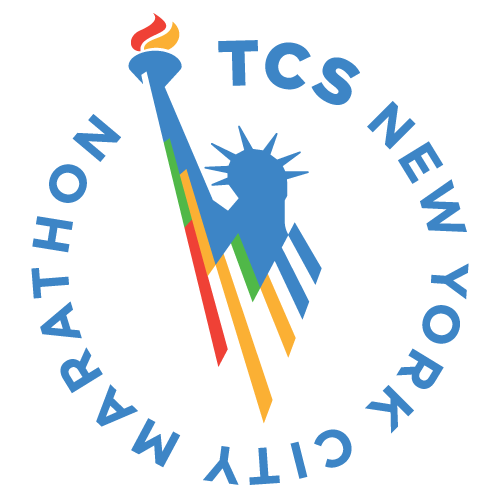According to the New York Times, sports agent Andrey Baranov sent an email in the spring to New York Road Runners, asking the group to accept five of his female Eastern European runners into the professional field of this year’s New York City Marathon, he was confident that at least one of them would receive an invitation.
Branov represents Tatyana Petrova Arkhipova of Russia who was the bronze medalist in the 2012 London Olympics and he was sure that she would receive an invite but to his surprise the marathon responded “Sorry, not interested. Good luck with other races.” “I can get runners into London, Boston, Tokyo, but New York always gives me problems, and it’s confusing for me,” Baranov said.
In recent years, the number of Russians and Eastern European runners has dwindled. For the second year in a row, the pro field that lined up on the Verrazano-Narrows Bridge this past Sunday had no Russian runners. In fact, the only Eastern European runner among the elites this year was Jelena Prokopcuka from Latvia, a two-time winner.
“I have a feeling why,” Baranov said of the exclusion of his clients. “It’s because of the doping problem in Russia. I know there’s a doping problem there. But just because there’s one bad apple doesn’t mean in Russia there are all bad apples. And in other Eastern European countries, the apples are even from completely different trees!”
New York City Marathon officials aren’t saying that Russians are missing from their elite field because other Russians have doped. They’re using more nuance than that because their process of choosing athletes is complex.
When Peter Ciaccia, the marathon’s race director and the Road Runners president for events was asked by Juliet Macur if Russians and other Eastern Europeans were being excluded because of recent doping revelations in that part of the world — the International Association of Athletics Federations is embroiled in a scandal involving Russia right now — Ciaccia didn’t say yes or no.
He just said Road Runners had a team of two people who “have their ears to the ground” — who know which athletes work with which coaches, trainers and agents and are aware of any whispers regarding their integrity. The scouts vet each runner before bringing any name back to Road Runners so a final group of athletes can be invited.
“It’s a privilege to run New York, and that’s the way we look at it,” Ciaccia said. “So we have to make judgment calls on who makes it and who doesn’t.”
Baranov said “We are at the mercy of the race organizers,” he said. “If they say my runners are not interesting, they are not interesting; what can you do? You just swallow and go to the next race.”
Still, Baranov said he hoped for a little bit of payback. If one of his runners wins a gold medal in the marathon at the 2016 Rio Olympics, he will have some leverage.
“Then New York will call because they will want the athlete and they will want the publicity, and I will say no,” he said, with a laugh. “You didn’t want us, now we don’t want you.”
